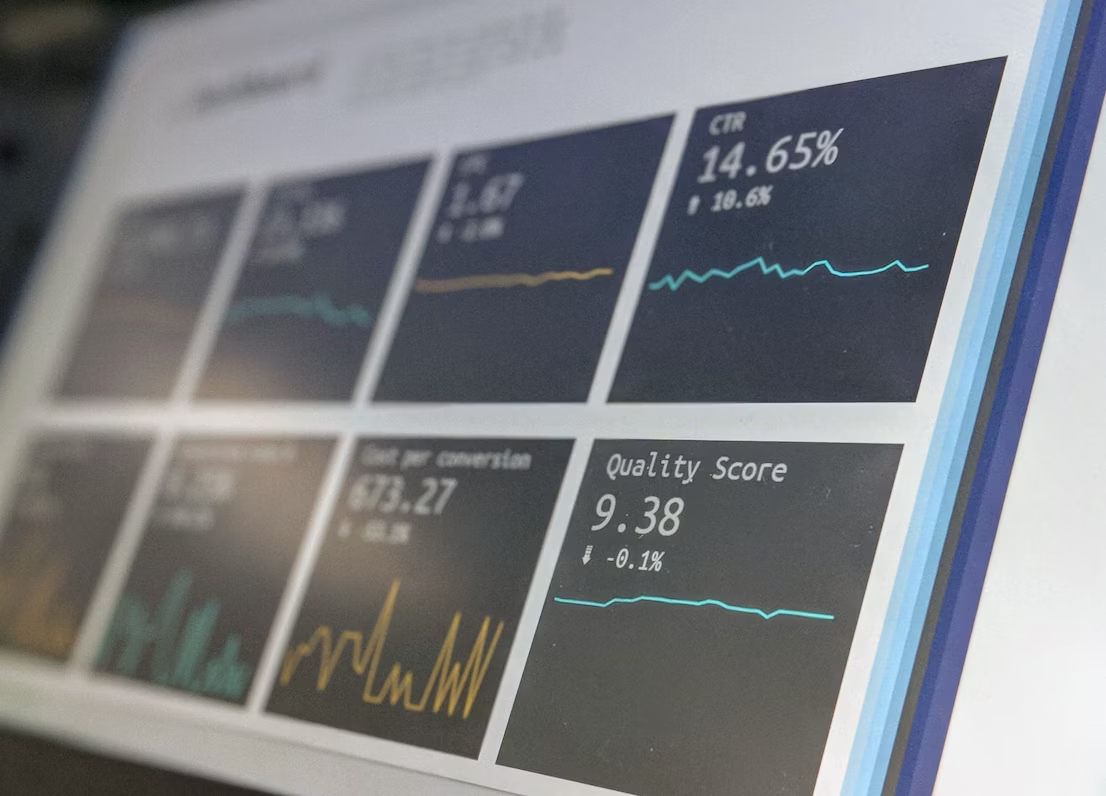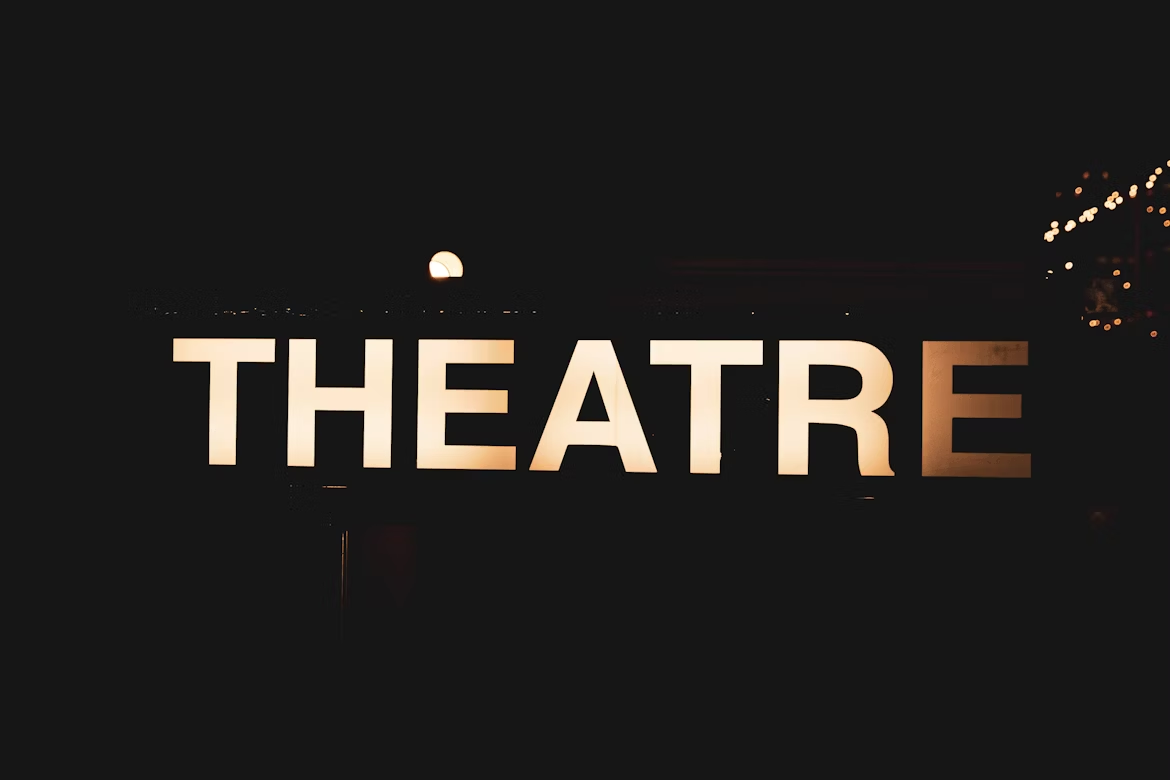Introduction to Grant Writing for Theatre Projects
Grant writing is a crucial skill for theatre professionals seeking funding for their projects. Securing grants can provide the financial resources necessary to bring creative visions to life and sustain the vibrant world of theatre. However, the process of grant writing can be daunting, with intense competition and stringent requirements.
The art of grant writing lies in crafting compelling proposals that resonate with funding organizations and effectively communicate the value and impact of the proposed project. It requires a deep understanding of the theatre industry, a clear articulation of goals, and a persuasive narrative that captures the essence of the artistic endeavor.
One of the primary challenges in grant writing for theatre projects is standing out among a sea of applicants. Funders often receive an overwhelming number of proposals, making it crucial to craft a proposal that is not only well-written but also unique and innovative. Additionally, theatre professionals must navigate the diverse criteria and priorities of various funding organizations, tailoring their proposals accordingly.
Despite these challenges, successful grant writing can open doors to transformative opportunities, enabling theatre companies, playwrights, and artists to explore new creative frontiers, engage diverse audiences, and contribute to the cultural fabric of communities. [Source: https://www.arts.gov/grants/grants-for-arts-projects/theater]
Different Types of Grants Available for Theatre Projects
Theatre projects can be eligible for various types of grants, including grants for commissioning, development, and production of new works, translations, and adaptations, as well as grants for the production or presentation of existing contemporary or classical works. According to the National Endowment for the Arts, these grants typically range from $10,000 to $100,000.
Eligibility criteria and funding sources can vary depending on the specific grant program. Some grants may be open to nonprofit organizations, while others may be available to individuals or for-profit entities. Funding sources can include government agencies, private foundations, and corporate sponsors.
It's important to carefully review the eligibility requirements and guidelines for each grant opportunity to ensure that your theatre project aligns with the funding priorities and criteria. Additionally, many grants require matching funds or cost-sharing, so it's essential to have a solid financial plan in place.
Elements of a Strong Grant Proposal
A compelling grant proposal should clearly articulate the project's objectives, methodology, and anticipated impact. According to Navigating the Grant Landscape: A Guide for Performing Arts Organizations and Non-Profits, a strong proposal should:
Project Description: Provide a detailed overview of the proposed theatre project, including its artistic vision, creative team, and intended audience. Explain how the project aligns with the grant provider's mission and priorities.
Budget: Present a comprehensive and realistic budget that outlines all anticipated expenses, such as production costs, marketing, and personnel. Demonstrate responsible financial management and a clear understanding of the project's financial requirements.
Impact: Highlight the potential impact of the project on the local community, artistic landscape, or broader cultural discourse. Explain how the project will contribute to the development of the performing arts, foster artistic expression, or address relevant social issues.
Remember to craft a compelling narrative, with good dramaturgy, that resonates with the grant provider's values and interests. Use clear, concise language and support your claims with relevant data, research, and examples from your organization's track record.

Demonstrating the Need, Uniqueness, and Impact
A compelling grant proposal must clearly articulate the need for the proposed theatre project, highlighting its distinct value proposition and potential to create a meaningful impact. According to the Division of Arts and Culture, successful applications effectively "describe the need for the proposed project and its potential impact on the organization and community."
To demonstrate need, provide data-driven evidence of the problem or gap your project aims to address. This could include statistics on underserved communities, lack of access to theatre experiences, or gaps in existing programming. Emphasize how your project fills this void and contributes to the cultural landscape.
Make sure your show will be accessible to everyone. Don't skip out on accessibility and inclusion, make sure your shows will be captioned.
Uniqueness is also crucial. Highlight the innovative aspects of your project, whether it's a fresh perspective, a groundbreaking collaboration, or an experimental approach to theatre-making. As noted in Instrumentl's guide, "Funders want to support projects that are unique and have the potential to make a significant impact."
Finally, articulate the potential impact of your project, both on the immediate participants and the broader community. Describe the tangible and intangible benefits, such as fostering artistic expression, promoting cultural exchange, or inspiring social change. Quantify the impact where possible, but also convey the qualitative value your project brings.
Developing a Realistic and Well-Justified Budget
Creating a realistic and well-justified budget is crucial when applying for grants or funding for theatre projects. A well-planned budget not only demonstrates financial responsibility but also increases the chances of securing the desired funding. It's essential to identify potential funding gaps and address them proactively.
When developing a budget, start by breaking down the project into its various components, such as production costs, marketing expenses, and personnel salaries. Thoroughly research and document the costs associated with each component, ensuring that your estimates are as accurate as possible. Consult industry standards, vendor quotes, and past project experiences to inform your calculations.
Provide detailed explanations and justifications for each line item in the budget. Funders want to see that you have a clear understanding of the project's financial requirements and that the requested funds are necessary and reasonable.
Additionally, it's essential to identify potential funding gaps and develop contingency plans to address them. Consider alternative funding sources, such as crowdfunding campaigns or corporate sponsorships, to bridge any financial shortfalls. Demonstrating a proactive approach to financial management can increase the confidence of potential funders.
Importance of Collaborations and Partnerships
Collaborative grant writing offers numerous advantages by leveraging diverse expertise, resources, and perspectives. As highlighted in the article "Essential Tips for Collaborative Grant-Writing with Community...," bringing together different stakeholders can catalyze new kinds of learning, understanding, and working approaches, benefiting the overall project.
Moreover, partnerships play a crucial role in increasing the chances of grant award success. According to "Why building partnerships is becoming key to grant award...," collaborations ensure broader support, maximize resources, achieve economies of scale, and foster innovation through the exchange of ideas and best practices.
By forming strategic collaborations and partnerships, theatre projects can leverage diverse skill sets, resources, and networks, ultimately strengthening their grant proposals and increasing their likelihood of securing funding.
Useful Tools, Templates, and Resources for Theatre Grant Writers
When it comes to securing funding for theatre projects, having access to the right tools, templates, and resources can make a significant difference in the grant writing process. One invaluable resource is the National Endowment for the Arts (NEA), which offers Grants for Arts Projects: Theater aimed at strengthening the theatre ecosystem through grants for production, presentation, and development of new plays.
Another helpful resource is the Women Arts Media Coalition, which provides a comprehensive list of funding opportunities for individual theatre artists, including grants from organizations like Creative Capital. Additionally, websites like Illuminated Integration offer valuable insights into specific grants available for theatre equipment and how to apply for them.
Utilizing templates and guides from reputable sources can streamline the grant writing process and increase the chances of success. Many organizations, such as regional arts councils and theatre associations, offer free or low-cost grant writing workshops, webinars, and mentorship programs to support theatre professionals in navigating the complex world of grant applications.
Crafting a Compelling Narrative: Highlighting the Project's Impact and Legacy
Storytelling is a powerful tool that can captivate audiences and leave a lasting impression. When crafting a grant proposal for a theatre project, it's essential to weave a compelling narrative that showcases the project's potential impact and legacy. According to the guide "STORYTELLING and SOCIAL CHANGE" by Americans for the Arts, "Stories powerfully hook and hold human attention because, at a brain level, whatever is happening in a story is happening to us and not just them."
Effective storytelling in grant writing involves painting a vivid picture of the project's vision, its significance, and the positive changes it aims to bring about. It's crucial to highlight the project's potential to create a lasting legacy, whether it's through fostering community engagement, promoting social change, or preserving cultural heritage. By crafting a narrative that resonates with the grant reviewers, you can capture their attention and make a compelling case for why your project deserves funding.
Best Practices for Submitting Grant Proposals and Building Relationships
When submitting grant proposals for theatre projects, it's essential to follow best practices to increase your chances of success. Start by thoroughly reviewing the funder's guidelines and requirements, as each organization may have unique criteria. Ensure your project aligns with the funder's mission and priorities.
Craft a compelling project description that clearly articulates the goals, activities, and anticipated impact of your theatre initiative. Provide a detailed budget that accounts for all expenses, and be prepared to share work samples or past accomplishments that demonstrate your artistic vision and capabilities.
Building relationships with funders is also crucial. Attend events, workshops, or information sessions they host to learn more about their priorities and funding processes. Don't hesitate to reach out to program officers for guidance or clarification before submitting your proposal.
After submitting, follow up professionally to express your enthusiasm for the opportunity and inquire about the review process. If your proposal is declined, request feedback to understand areas for improvement and maintain a positive relationship for future opportunities.
Strategies for Handling Grant Rejection and Persevering
Grant rejections can be disheartening, but they offer valuable opportunities for growth and improvement. Instead of getting discouraged, take a proactive approach by addressing the reviewers' feedback and concerns. As Dealing with grant rejection: the hard way or the easy way suggests, carefully reviewing the critiques can help strengthen your application and execution strategy for the next attempt.
Rejection is a natural part of the grant writing process, and perseverance is key. Analyze the feedback objectively, identify areas for improvement, and use the insights to refine your proposal. Seek guidance from experienced grant writers or mentors, and don't be afraid to ask for clarification on the reviewers' comments. With a positive mindset and a willingness to learn, each rejection can bring you closer to success.
Recognizing and Celebrating Successful Grant Awards
Successful grant awards in the theatre world have had a profound impact on the artistic landscape, enabling groundbreaking productions, nurturing emerging talent, and fostering community engagement. By highlighting these achievements, we not only celebrate the hard work and creativity of the recipients but also inspire others to pursue their artistic visions.
One notable example is the National Endowment for the Arts (NEA) Recent Grants, which has supported numerous theatre projects across the United States. From experimental works that push boundaries to community-based initiatives that bring theatre to underserved areas, these grants have played a vital role in sustaining the vibrant tapestry of American theatre.
Similarly, the Arts Council England's Case Studies showcase the transformative power of grant funding. Groups like Mafwa Theatre, a community-based theatre group from Leeds, have been able to create thought-provoking productions and engage diverse audiences through the support of National Lottery Project Grants.
By recognizing and celebrating these successes, we not only honor the artists and organizations behind them but also underscore the importance of grant funding in fostering artistic expression, promoting cultural exchange, and enriching our communities.
Maintaining Transparency, Accountability, and Ethical Practices in Grant Writing
Pursuing grant funding for theatre projects demands unwavering ethical conduct and a commitment to transparency. As outlined in the GPA Code of Ethics, grant professionals must practice their profession with the highest sense of integrity, honesty, and truthfulness to maintain and broaden public confidence. Adhering to ethical principles is crucial to avoid legal and ethical pitfalls that could harm your organization's reputation and future funding prospects.
Honesty and transparency should guide every aspect of the grant writing process, from researching potential funders to crafting compelling proposals and reporting on project outcomes. Misrepresenting information, inflating budgets, or exaggerating project impacts can irreparably damage trust and credibility. Ethical grant writers prioritize accuracy, provide clear sourcing for claims, and present information in a truthful and trustworthy manner.
Accountability is also paramount. Grant writers must take responsibility for ensuring that proposals align with the funder's guidelines, that budgets are realistic and justified, and that promised outcomes are feasible and measurable. Failing to deliver on commitments or misusing grant funds can have severe consequences, including legal action and the loss of future funding opportunities.
Embrace the Art of Grant Writing for Theatre Success
Grant writing is an essential skill for theatre professionals seeking to bring their creative visions to life and make a lasting impact on their communities. By mastering this art, you can unlock new opportunities, secure crucial funding, and ensure the longevity of your theatre projects.
While the process may seem daunting, approaching grant writing with a strategic mindset and a deep understanding of your project's value can yield remarkable results. Remember, grant providers are eager to support initiatives that enrich cultural experiences, foster artistic expression, and contribute to the growth of the theatre ecosystem.
As you embark on this journey, remain persistent, stay true to your artistic vision, and never underestimate the transformative power of your work. By embracing grant writing as an essential tool, you can pave the way for groundbreaking theatre productions that captivate audiences, inspire minds, and leave an indelible mark on the world of performing arts.









